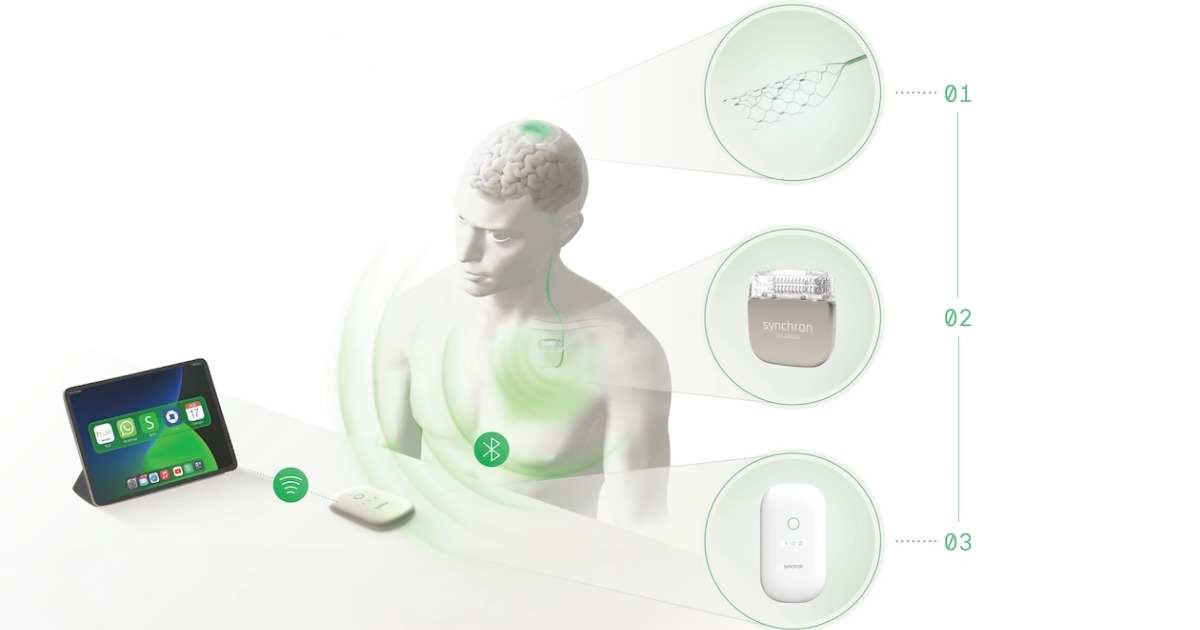We are drowning in data coming from both in-patient medical tools such as EKGs and medical imaging systems to data now collected by mobile devices during patient registration, bedside visits and soon even more data delivered from at-home medical test kits and monitors. Big data — what we really mean is analytics on a grand scale — is presented as a way to solve the problem of what to do with thousands of terabytes of information in both structured and unstructured formats.
Analytics can gather all of that data, identify the warning signs of a medical crisis, predict possible patient outcomes before they occur and then send an alert to the medical team. But frankly before big data can predict that your patient will keel over from a stroke within the month, the data has to be first captured and delivered in a usable format to that analytics engine in the cloud.
Here’s the problem: At the moment there are a plethora of devices that capture data using their own unique solutions, then there are enterprise content management (ECM) systems that can retrieve and present the raw data in a readable format to the appropriate person on the medical team for analysis, and with the promise of big data we need yet another solution to analyze the disparate data coming in from these disparate sources.
Even the giants in healthcare solutions like EMC and IBM don’t have a single solution as yet. A recent story in mHealthNews highlighted the partnership between IBM’s Watson supercomputing division and Texas MD Anderson Cancer Center, that launched the Oncology Expert Advisor (OEA).
Using the capabilities of Watson in the background, OEA works off an iPad at the point of care to offer the medical team a best practices course of treatment for patients. But when asked about the data capture component of OEA the lead person of IBM’s Watson division said that part of the solution is left to MD Anderson. Obviously not ideal.
[See also: Can tablet videoconferencing substitute for hospital visits?]
EMC also appears to be only nibbling at the edge of a single solution. The EMC pitch for Enterprise Information Management says it “harmonizes data management with enterprise content management.” However, there is no mention of analytics here.
This is what makes the announcement from Hyland Software and Bottomline Technologies significant. The two healthcare vendors partnered to create OnBase Mobile eCapture, a single ECM solution in that it captures data from both traditional sources but now also includes a robust mobile data capture and delivery system. Make no mistake, at this point it is only an ECM solution with Bottomline gathering information from multiple sources, mobile and stationary, and delivering it to the Hyland backend as discrete data points rather than as data residing in the context of each unique record. Still, the individual data points must be selected from the patient record or a home health monitor and presented to an analytics engine for evaluation.
Here’s the interesting part: According to a source who spoke to mHealthnews on the condition of anonymity, Hyland has been in very recent talks with a major analytics company. It remains to be seen if a single solution from content capture to content management through analytics comes out of those talks but it looks like they are savvy enough to know that is the direction they should be heading. Apart from the technology advantage, even from a fiscal point of view, a truly one-stop solution makes the most sense. If IT had to support only a single product rather than two or three it would be far more cost effective.
What is driving all of this should be obvious. With the number of new medically-degreed graduates declining yearly while an aging population increases annually, the healthcare industry is going to have to look to technology for solutions. This is really what we are all witnessing.
And the solutions are coming. IBM’s Watson analytics program was once housed in a room-sized computer and is now the size of a pizza box and within five years it will be a chip inside a smart phone.
Chris Wasden, managing director and Global Healthcare Innovation Leader at PricewaterhouseCoopers talks about a “super personal configurator” that can assist a short-staffed medical team. This Watson-in-a-chip, let’s call it, will be used by consumers and will anticipate their needs based on such events as their searches for information on health issues, their personal medical history, and their healthcare insurance data, to determine if there is a medical problem and then assist in helping the user make healthcare decisions.
Indeed, users will be armed with a personalized mobile healthcare practitioner at their fingertips.
Now, in some quarters, there may be strong objections to such solutions. Currently there are no specific regulations for such a solution. The FDA will certainly scrutinize any application that appears to replace the need for clinicians — but actually the healthcare industry doesn’t really have a choice, does it?
Ephraim Schwartz is a freelance writer based in Burlington, Vt. Schwartz is a recognized mobile expert and columnist, having spent 15 years as Editor-at-Large for InfoWorld, half of them covering the mobile space. Prior to that he was Editor-in-Chief of Laptop Magazine.
Related:
Does the iPad actually facilitate better patient care?


